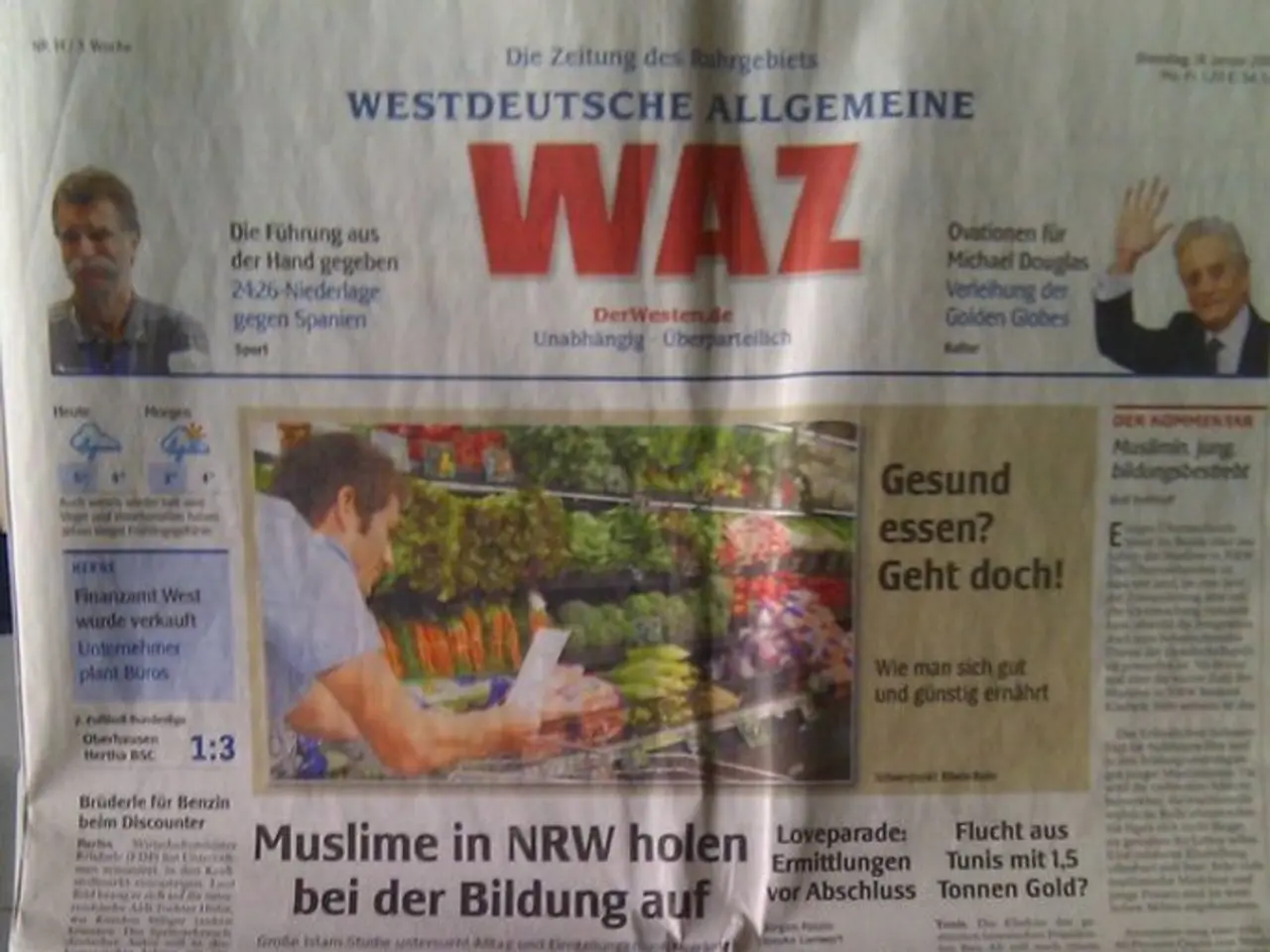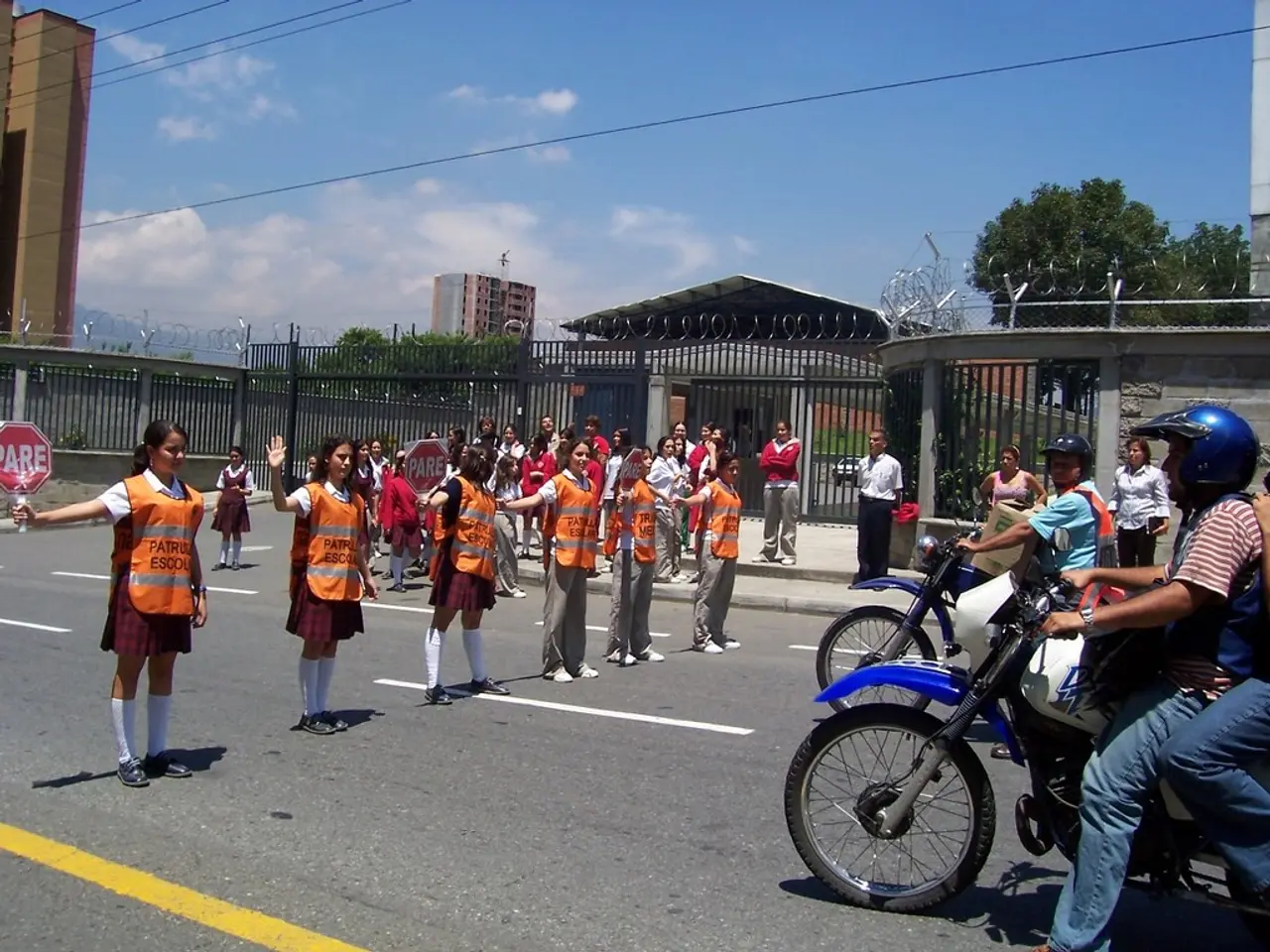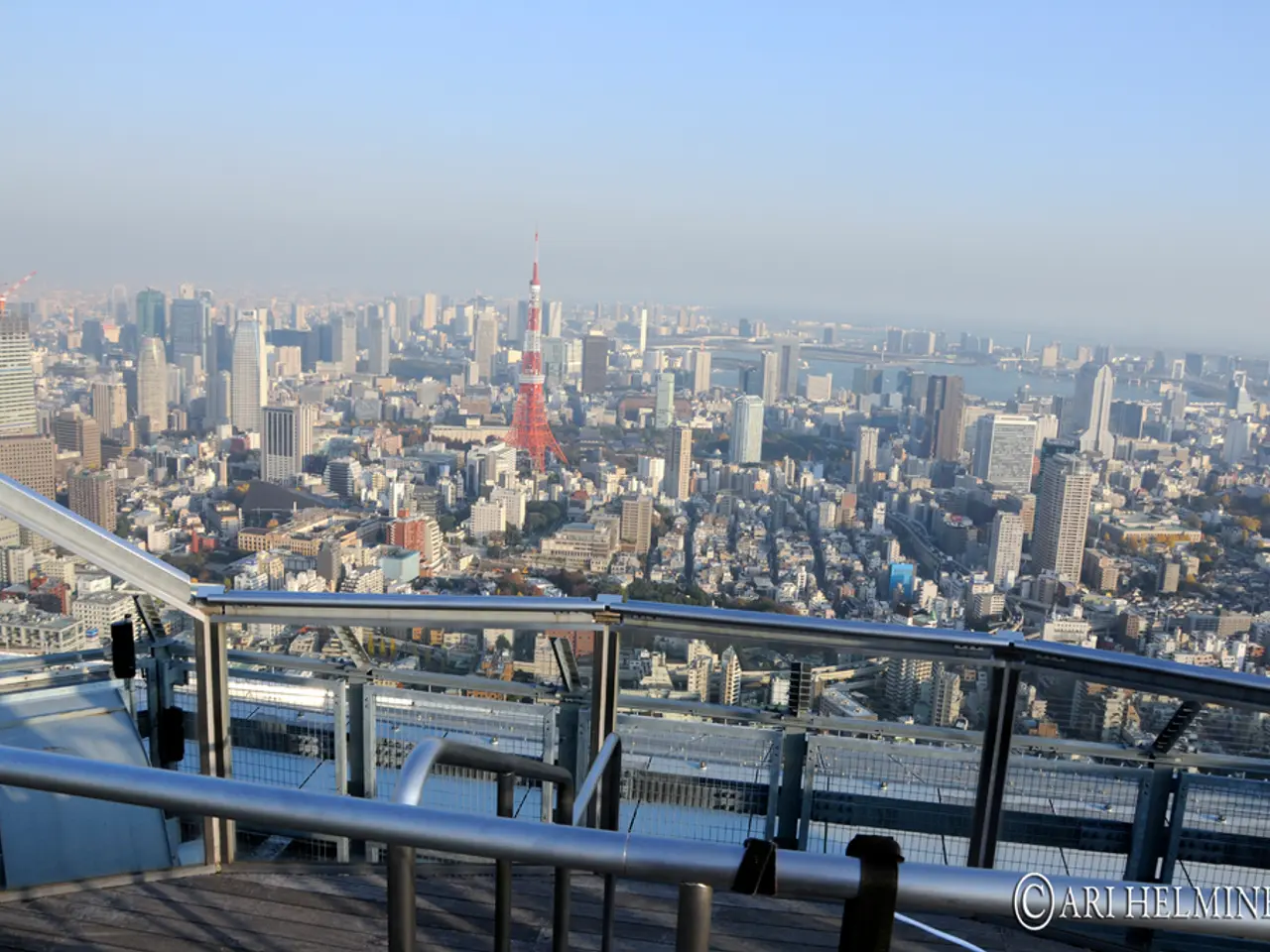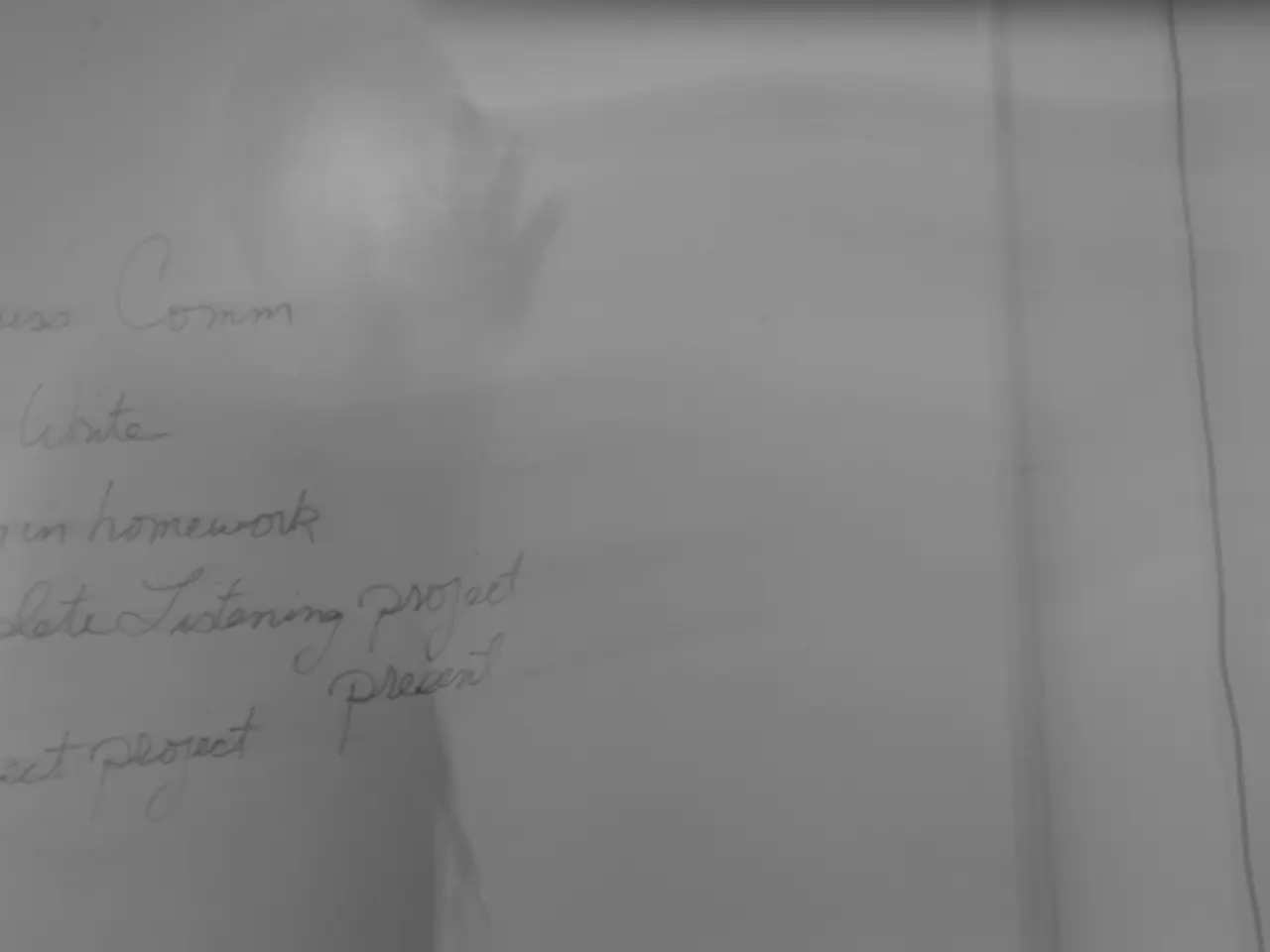Hamas agrees to a truce brokered by the U.S., while Israel rejects the same proposal
In a recent development, Hamas has accepted a ceasefire proposal mediated by the US, Egypt, and Qatar. This agreement, if finalized, would put an end to the brutal seven-month conflict between Hamas and Israel.
Under the terms of the proposed deal, Israel would halt its military operations in Gaza and gradually release various Israeli captives in exchange for Palestinian prisoners. Hamas's political chief, Ismail Haniyeh, communicated this decision to Qatar and Egypt.
However, the Israeli Prime Minister's Office has expressed reservations about the agreement, stating that it doesn't meet Israel's core demands. Nonetheless, a high-ranking Israeli delegation plans to visit Egypt to discuss the terms of the agreement and hopefully reach a consensus acceptable to Israel.
The US State Department is actively reviewing Hamas's response to the ceasefire proposal in collaboration with regional partners. The CIA director, William Burns, has been leading indirect talks with Hamas in an effort to secure a breakthrough.
Turkish President Recep Tayyip Erdogan has welcomed the ceasefire proposal and urged western countries to pressure Israel to accept the terms.
The broad outline of the deal involves a six-week pause in hostilities, during which Hamas will release some Israeli captives it's holding, in return for the release of a number of Palestinian prisoners by Israel, Israel's withdrawal from certain regions of Gaza Strip, and allowing Palestinians to travel from the southern to the northern part of the territory.
The details of the agreement aren't fully disclosed, but sources suggest that the first phase would entail a complete Israeli troop withdrawal from the Netzarim corridor and the return of displaced Palestinians to their homes. The second phase would involve a direct announcement of a permanent cessation of military operations before the remaining Israeli captives are exchanged for more Palestinian prisoners. The final phase would include a complete lifting of the blockade of the Gaza Strip.
Negotiations have entered a critical phase, with concerns rising about a potential ground assault on Rafah in southern Gaza Strip. Aid organizations warn that such an assault would be catastrophic for civilians in the area and could severely impact their ability to provide food to northern Gaza, where a "full-blown famine" is currently underway.
Despite the prospect of relocation, displaced Palestinians remain skeptical about their safety. Many have refused to leave their temporary shelters, fearing attacks even if they do move. For others, like Melila Abu al-Khair, a displaced Palestinian woman from Rafah, the idea of fleeing is overwhelming. "Where shall we go?" she asks, lamenting her past displacements and the lack of options available.
The future remains uncertain, but the ceasefire proposal offers a glimmer of hope for both parties, and the international community continues to work towards a peaceful resolution to this long-standing conflict.
- The ceasefire proposal, originating from the US, Egypt, and Qatar, is a topic of intense analysis in the Middle East news, with the media focusing on the potential end to the seven-month war-and-conflicts between Hamas and Israel.
- The proposed agreement, if finalized, will shape the politics of the region significantly, as it involves the release of various Israeli captives and Palestinian prisoners, a withdrawal of Israeli forces from certain regions in the Gaza Strip, and lifting the blockade.
- despite the agreement, reservations have been expressed by the Israeli Prime Minister's Office, raising questions about whether the terms will meet Israel's core demands in the ongoing conflict with Palestine.
- In the general news, there are concerns about a potential ground assault on Rafah in southern Gaza Strip, with aid organizations warning that such an assault could have catastrophic consequences for civilians and impact their ability to provide food to northern Gaza.
- Despite the prospect of relocation, displaced Palestinians, such as Melila Abu al-Khair, a displaced Palestinian woman from Rafah, are skeptical about their safety and question their future, lamenting past displacements and the lack of options available.





